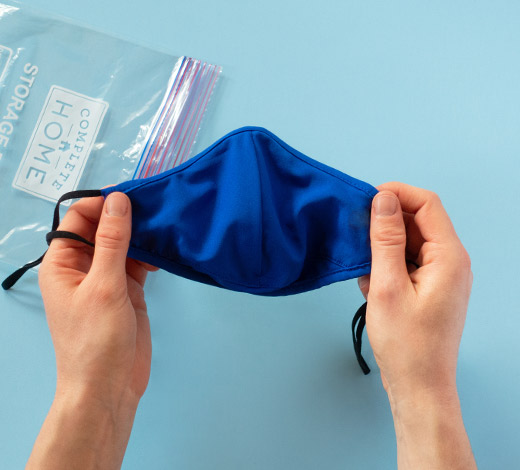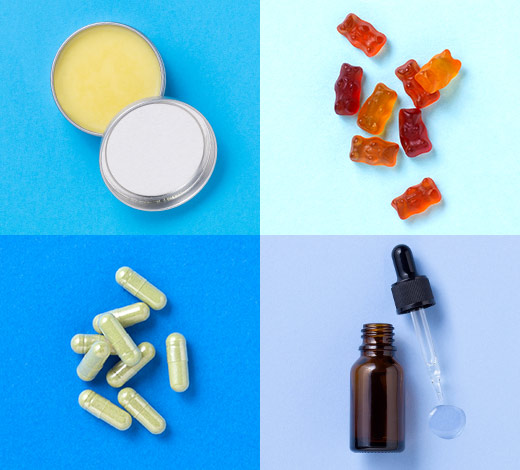Hot flashes, or intense waves of heat in your body, are common in women as they approach menopause (when menstrual periods stop). This is the time when a woman’s body makes less of certain hormones, including estrogen and progesterone, which can set off symptoms, such as hot flashes. This bothersome symptom affects three in four women during menopause, and can come on at unexpected times, including during sleep. Hot flashes can continue to affect you for many years. Hot flashes are almost always due to menopause, but sweating and other hot flash symptoms can also occur for other reasons.
What happens during a hot flash?
It isn’t known exactly what causes hot flashes. However, they appear to be brought on by hormonal changes due to menopause. Specifically, decreasing estrogen levels may affect how a woman’s body is able to control temperature. When the body’s temperature rises too much, the brain signals blood vessels to widen or dilate. This is known as vasodilation, and it sends more blood to flow to the skin, which releases heat and cools off the body. This is felt as a hot flash.
Described as a sudden, intense wave of heat that often starts in the chest, face or back of the neck and spreads to the rest of the body, hot flashes can feel very uncomfortable. Lasting for about three minutes, a hot flash can make your skin look red and blotchy. You may also sweat heavily and feel your heart race. Once the hot flash is over, you may have chills, shivering and feelings of anxiety. Hot flashes may occur as often as once per hour (during the day and night) or less than once per day.
Is it a hot flash?
The vast majority of hot flashes happen due to menopause, but in rare cases, men can also experience hot flashes because of hormonal changes. Hot flashes in men seem to be caused by reduced testosterone levels. In general, testosterone levels start to drop after 40 years of age, but most men retain enough of the hormone to keep hot flashes at bay. However, certain prostate cancer treatments, including androgen deprivation therapy, can reduce testosterone levels. Prostate cell growth is stimulated by testosterone, and some treatments for prostate cancer reduce or block testosterone in an effort to treat the disease. Among men who receive androgen deprivation therapy, 70–80% of them say they experience hot flashes.
Other conditions, including carcinoid syndrome, hyperthyroidism and certain cancers, can cause symptoms similar to hot flashes. Some infections and medications, such as certain antidepressants and diabetes medicines, can cause flushing (reddening and warming of the face), night sweats and other sensations that feel like hot flashes. Alcohol, hot drinks, emotional stress and anaphylaxis (a severe, life-threatening allergic reaction) can also trigger hot flash-like symptoms.
Beat the heat
There’s no cure for hot flashes, but there are remedies that can improve your symptoms. Hot flashes can often be managed with lifestyle changes, hormonal therapy or other medications. Your treatment plan will depend on the cause and severity of your symptoms, your medical history and your preferences.
If you have mild hot flashes due to menopause and they don’t interfere with your daily life, these strategies may help:
- Lower the temperature of the room and use fans.
- Dress in layers of clothing so you can easily take off extra clothes when you feel warm.
- Avoid hot flash triggers, such as alcohol, spicy and hot foods and stressful situations.
In women with moderate to severe hot flashes due to menopause, treatment may involve prescription hormonal therapy. You may receive both estrogen and progestin, or estrogen only if you’ve had a hysterectomy (surgery to remove the uterus). If you cannot tolerate, prefer not to take or aren’t a good candidate for hormonal therapy, your health care provider may prescribe other medications. These can include selective serotonin reuptake inhibitors (SSRIs) or serotonin-norepinephrine reuptake inhibitors (SNRIs), which are medications used to treat depression, antiepileptics (anti-seizure medicines) or a combination of medicines. Female hormones and these other medications also appear to be effective in treating hot flashes in men with prostate cancer.
If you suffer from hot flashes and lifestyle tweaks aren’t enough to ease your symptoms, see your health care provider. While hot flashes aren’t serious, they can be very uncomfortable. Together, you and your health care provider can find a treatment that brings you relief.
Sources:
“Menopausal hot flashes,” UpToDate. Web. 29 June 2018. https://www.uptodate.com/contents/menopausal-hot-flashes
“Hot flashes in men: An update,” Harvard Health Publishing, Harvard Medical School. Web. 29 June 2018. https://www.health.harvard.edu/newsletter_article/Hot-flashes-in-men-An-update
“Hot flashes and night sweats,” PDQ Cancer Information Summaries. Web. 29 June 2018. https://www.ncbi.nlm.nih.gov/pubmedhealth/PMH0032590/
“Hot flashes,” PubMed Health. Web. 29 June 2018. https://www.ncbi.nlm.nih.gov/pubmedhealth/PMHT0023145/


